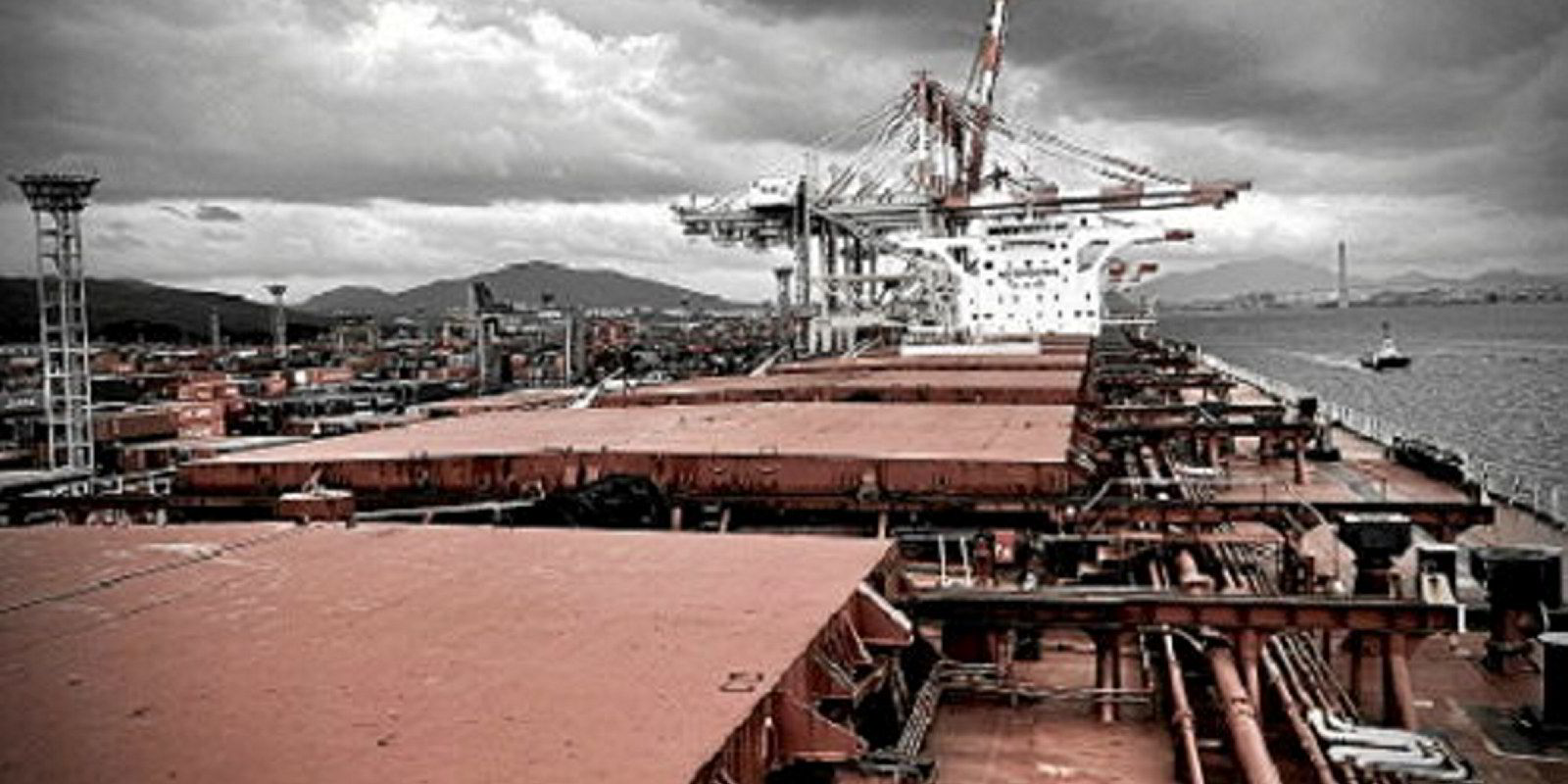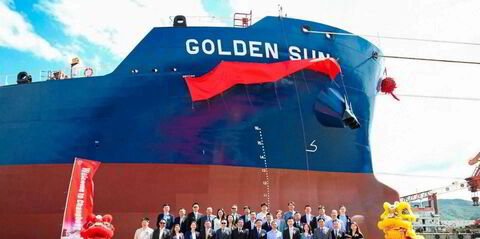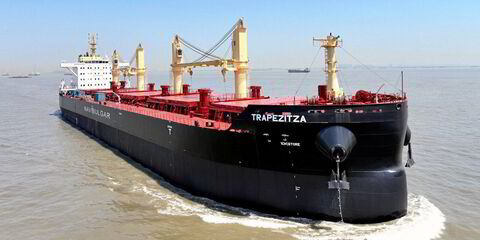RWE Supply & Trading’s head of freight trading is leaving the company after more than 14 years.
Viral Shah has left the shipping arm of German power giant RWE, a major charterer of capesize bulk carriers, and will undertake a period of gardening leave.
RWE informed the market late last week that Shah and the firm were “parting ways by mutual agreement”.
“The team at RWE thanks Viral wholeheartedly for his contributions during 14 years at RWE, of which the last eight were spent leading the Freight Trading team, and offers its best wishes to him for the future,” the company said in its circular, seen by TradeWinds.
Shah joined the firm in 2009 and has been head of freight trading since May 2015.
He has been responsible for building up RWE’s freight trading desk over the course of his tenure to nine traders and 17 operators.
He has also been instrumental in setting up big-ticket newbuilding projects in China in the past five years.
The firm has backed a $318m newbuilding deal in 2020 with Chinese shipbuilders and China Development Bank Financial Leasing (CDB Leasing), part of China Development Bank.
CDB Leasing booked six 210,000-dwt newcastlemaxes that year, which were delivered in 2022. The scrubber-fitted ships were leased to state-owned Chinese shipowner Shandong Shipping, which chartered them to RWE for up to eight years.
This followed a similar deal in late 2018, when Shandong Shipping ordered 10 scrubber-fitted capesizes booked at Shanghai Waigaoqiao Shipbuilding for delivery in 2020 and 2021 on the back of long-term charters from RWE.
Shah confirmed his departure when contacted by TradeWinds but declined to comment further.
RWE has around 70 vessels under charter at any time, the majority of which are capesizes.
RWE signed a deal in February to charter six of its newcastlemaxes to Costamare Bulkers for long-term periods.
RWE’s freight trading activities are located primarily in the English town of Swindon.
An unusual base for shipping, given that Swindon has no maritime heritage, the office is a hangover from the company’s 2002 takeover of UK power company Innogy, which operated a freight and coal trading unit from the town.




